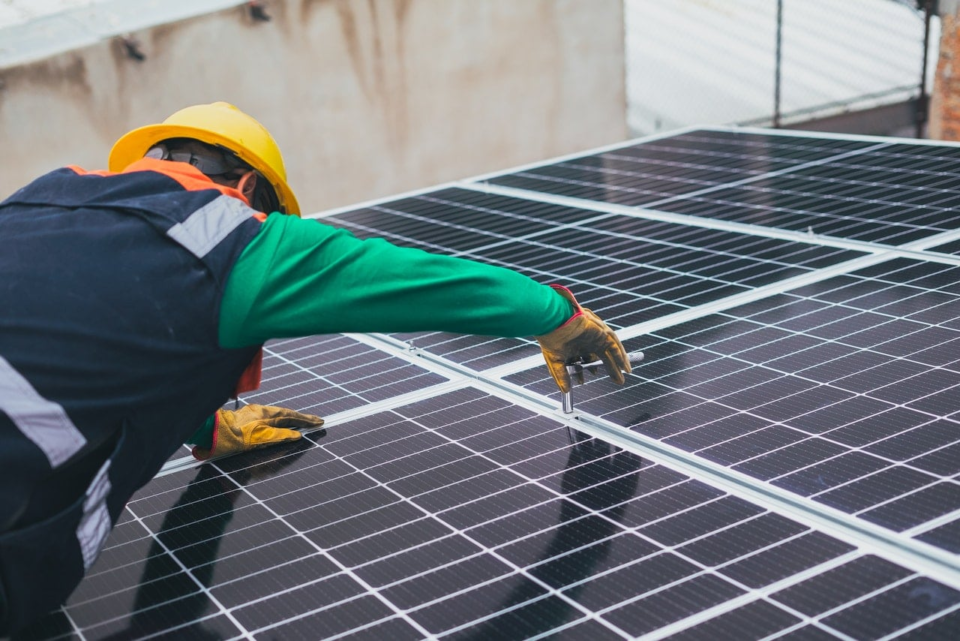When you intend to go solar, find below the five essential aspects you should be aware of.
- Location
You will want to be sure you have a spot to put solar panels before you buy them. Solar panels are commonly put on a home’s roof, and older homes may require repairs, alterations, or even a complete replacement before they would accommodate solar panels. In some areas, solar panels can also be put in yards. If you have the room, this is a viable option if roof installation is too expensive or impossible.
Regardless of where the panels are installed, you will want to make sure they are in the best possible location. It is ideal to buy solar panel in India, as that is where they will receive the most direct sunshine throughout the day. The opposite is true in the southern hemisphere: the panels must face north.
- Solar panels come in a variety of shapes and sizes
Solar panels are not all created equal. To begin, you will need to decide between photovoltaic (also known as solar electric) and solar thermal (also known as solar thermal) solar panels. Photovoltaics, which employ solar cells to convert sunlight directly into power, is significantly more widespread. Solar thermal panels, on the other hand, employ mirrors to focus sunlight.They are commonly used to heat water.
Solar thermal is more efficient, although it works best when the sun is shining. PV panels are more adaptable and durable.
There are various companies in solar energy in India. You will need to examine the same factors that you would for any significant purchase, such as performance, durability, and warranty, in addition to the sort of solar panel you desire.
- Check to discover if a permit is required
When it comes to putting solar panels on residential homes, each city, county, and state has its set of restrictions. It is critical to check city codes and ensure that you follow all local zoning laws and ordinances before proceeding with any installation. The Solar Energy Industries Association has put together some excellent materials to help you cut through any red tape that may be in your way.
Keep in mind that obtaining the proper permits, both to submit and to receive approval, may take some time. Solar panels are not strictly an impulse purchase, to begin with, but they do require patience.
- Consider all kinds of costs
Solar panels will almost surely save you money over the long term, and the longer you stick with renewable power, the more you will save as your utility bill decreases. However, there are certain expenses to consider.
Then there is the initial cost of the panels, which can be high. You should think about whether you can afford to pay for this expense directly or if need to finance it. Be careful to determine the interest rate as well as how it will accumulate over time. Solar panels can also be rented.
- Look into tax incentives and rebates
While solar panels may appear to be costly, especially when considering the large upfront expenditures, bear in mind that certain regions offer incentives to encourage you to go green. Homeowners that install solar panels are eligible for tax rebates from the federal government. Some states may provide tax benefits and refunds if you use thesolar system for home in India. Make sure to take advantage of these possibilities to reduce the cost of going solar.

